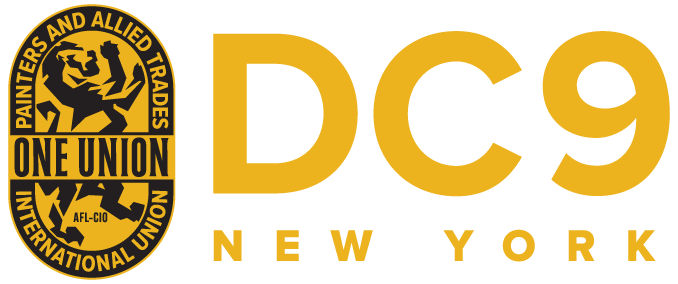Union’s Handbill About ‘Bed Bugs’ and Manhattan Hotel Is Not Defamation, Court Rules
New York Law Journal | Jan. 31, 2017
by Joel Stashenko
Handbills that said a Manhattan hotel was “infested with bed bugs” but then offered another definition of the pests expressed protected speech and were not defamatory in a labor dispute between the hotel’s management and a painters’ union, a state judge ruled.
Manhattan Supreme Court Justice Richard Braun granted the union’s motion to dismiss The New Yorker Hotel’s complaint for defamation. He said the handbills passed out by members of District No. 9 of the New York International Union of Painters and Allied Trades were not malicious and expressed opinions that are constitutionally protected.
The handbills were distributed outside the hotel in 2014 at a time when the union and the management of the New Yorker were embroiled in a dispute over whether unionized painters were being paid the proper prevailing wage.
They stated, “NOTICE TO THE PUBLIC” followed by “THE New Yorker HOTEL—INFESTED WITH BED BUGS.” In somewhat smaller type, but still in bold-face print, the handbills then said, “THE WORD BED BUGS IS DEFINED AS ONE WHO SUCKS THE FINANCIAL BLOOD FROM ITS WORKERS” and explained that workers were not being paid what they believed were proper wages. The handbills also included photographs or drawings of bed bugs, Braun’s noted in his Jan. 27 ruling.
He wrote in New Yorker Hotel Management v. District Council No. 9 New York IUPAT, 158878/2014, that unions have a certain latitude under federal and state law and court precedents to use “intemperate, abusive or insulting language” while engaged in labor disputes with management.
District Council No. 9 was doing just that with its handbills, he said.
“The handbills here cannot be understood to include a defamatory falsehood, but merely the type of immoderate rhetoric often associated with labor disputes,” Braun wrote, citing the U.S. Supreme Court’s ruling in Old Dominion Branch No. 496, National Association of Letter Carriers v. Austin, 418 U.S. 283 (1974).
“The fact that defendant was trying to pressure plaintiff and portray it in a negative light with respect to its labor practices does not mean defendant was acting maliciously as that term applies to expression in labor disputes.”
The judge added that, “The rights of a union to speak freely on behalf of its workers must be upheld as long as the speech is non-defamatory. Freedom of speech, assembly, the press, and religion are necessary bulwarks of a truly democratic society.”
Michael Volpe, a partner at Venable in Manhattan, and head of its labor and employment practice group, and Venable counsel Nicholas Reiter represented The New Yorker Hotel.
Steven Kern and Lauren Kugielska, attorneys at Barnes, Iaccarino & Shepherd in Elmsford, argued for District Council No. 9.

